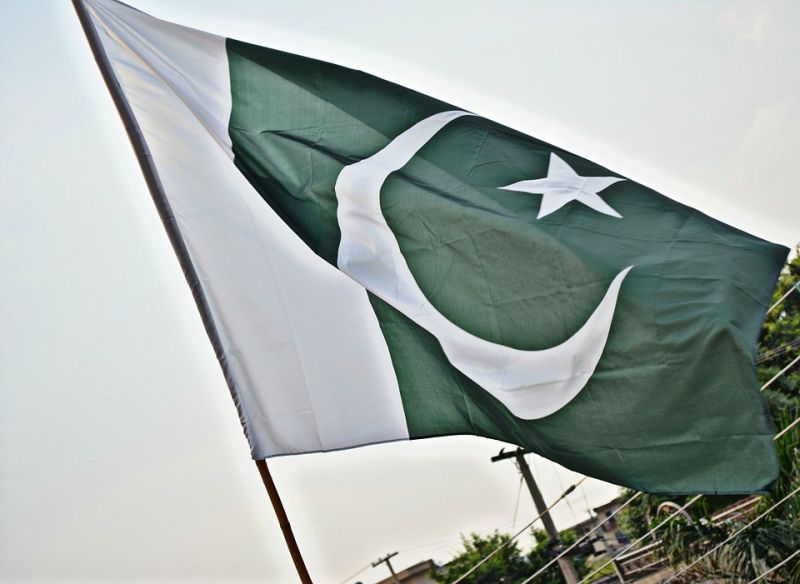Unsafe Water Not Terrorism Kills Most Pakistanis
Published on by Water Network Research, Official research team of The Water Network in Social
More than 100,000 people -- half of them children -- die every year due to waterborne diseases, experts say.
It is neither terrorism nor natural disasters but the unavailability of safe drinking water which leads to the highest number of deaths in Pakistan.

Pakistan flag, source: Max Pixel
According to the UN, consumption of contaminated water which leads to several waterborne diseases contributes to 40 percent deaths nationwide every year.
The release of untreated industrial waste, unsafe sewage system, agriculture run-off and unplanned urbanization, has downgraded water quality over the years, especially in the big cities, depriving almost two-thirds of over 200 million Pakistanis of potable water.
In several remote parts of the country, people have to travel miles to fetch drinking water. In desert areas, which depend on rain for water, it is not uncommon for humans and animals to share water from the same pond.
The top court last month began hearing a suo-moto case on the deteriorating drinking water conditions in southern Sindh province, particularly the provincial capital Karachi, where a large number of citizens are compelled to buy potable water on a regular basis.
The Supreme Court summoned the provincial chief minister and asked him to drink a glass of tap water – a symbolic move to highlight the gravity of the situation.
A water commission was also set up on the court’s order, whose head will have the powers of a Supreme Court judge to oversee water distribution system in the province.
Read full article: Anadolu Agency
Media
Taxonomy
- Drinking Water Security
- Treatment
- Treatment Methods
- Drinking Water Treatment
- Water Access
- Water Supply
- Access
- Water Supply
- Drinking Water Managment
- Drinking Water
- water treatment